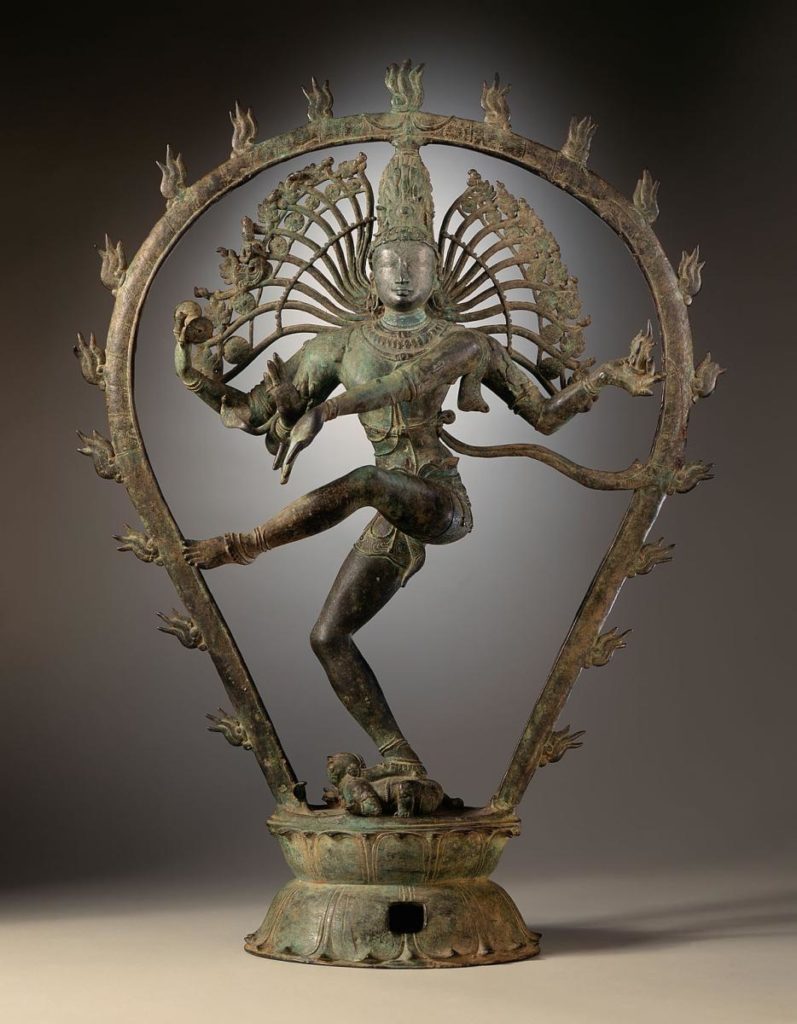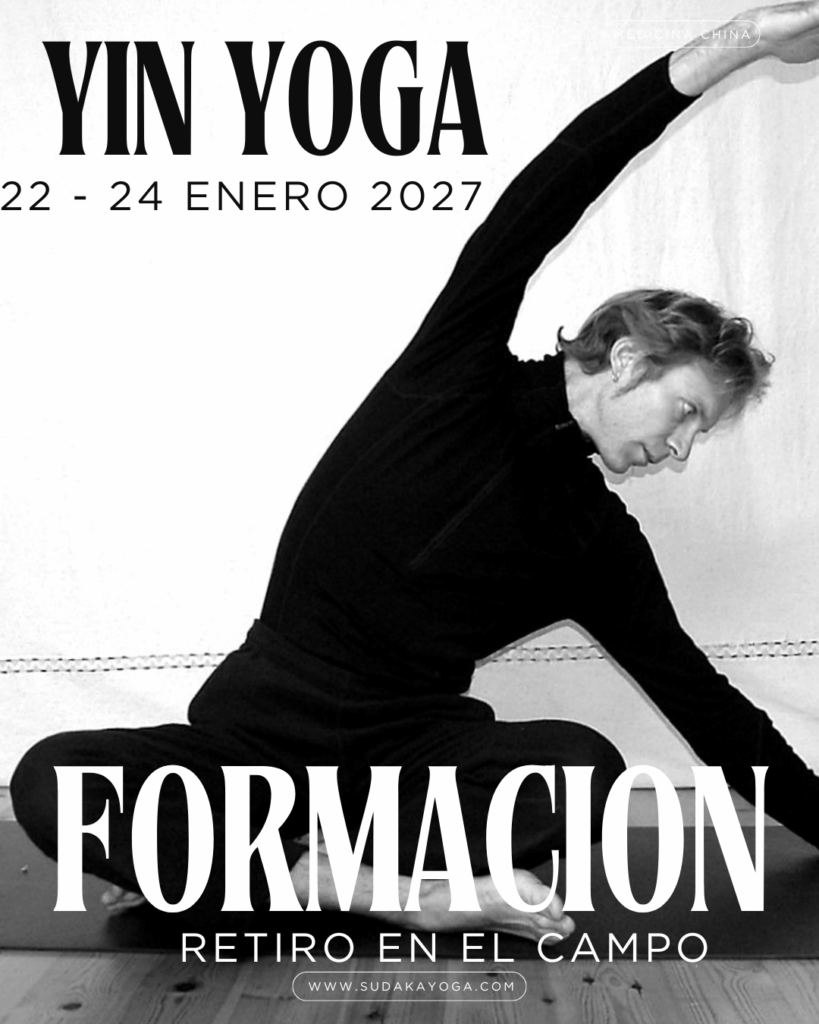 While classical Hatha Yoga and Buddhist traditions have distinct origins and practices, it is possible to explore a synthesis between the two, acknowledging their shared goals of personal growth, self-awareness, and liberation from suffering. Here are a few points that could contribute to a case for their synthesis:
While classical Hatha Yoga and Buddhist traditions have distinct origins and practices, it is possible to explore a synthesis between the two, acknowledging their shared goals of personal growth, self-awareness, and liberation from suffering. Here are a few points that could contribute to a case for their synthesis:
1. Mind-Body Connection: Both Hatha Yoga and Buddhism emphasize the significance of the mind-body connection. Hatha Yoga employs physical postures (asanas) and breath control (pranayama) to cultivate bodily awareness, while Buddhism emphasizes mindfulness of the body as a path to insight. By integrating these practices, one can deepen their understanding of the mind-body relationship and enhance overall well-being.
2. Meditation and Mindfulness: Both traditions place a strong emphasis on meditation and mindfulness practices. Buddhism offers various meditation techniques, such as mindfulness of breathing (anapanasati) or loving-kindness (metta) meditation, to develop present-moment awareness and cultivate inner peace. Integrating these practices with Hatha Yoga’s meditative aspects, like focusing on the breath during asanas, can enhance concentration, calm the mind, and deepen the meditative experience.
3. Ethical Principles: Buddhism emphasizes ethical principles such as non-harming, compassion, and ethical conduct (sila). These principles can be integrated into the practice of Hatha Yoga, guiding practitioners to approach their practice with kindness, respect, and consideration for themselves and others. This synthesis promotes not only physical well-being but also ethical living and harmonious relationships.
4. Self-Inquiry and Inner Transformation: Both traditions encourage self-inquiry and inner transformation. In Buddhism, the practice of self-inquiry involves questioning the nature of self and reality, while Hatha Yoga encourages self-reflection and introspection. By combining these approaches, individuals can explore their inner landscape, cultivate self-awareness, and deepen their understanding of themselves and the world around them.
5. Liberation from Suffering: Ultimately, both traditions share the goal of liberation from suffering and the pursuit of inner freedom. While their paths may differ, the synthesis of Hatha Yoga and Buddhist practices can offer a holistic approach to personal growth, spiritual development, and the realization of one’s true nature.
It’s important to note that while a synthesis between these traditions is possible and can be beneficial, it’s crucial to approach it with respect and understanding. Since its outset Sadhita and Sudaka of Bodhiyiga International have been exploring this relationship for more than 30 years in their own practice and since 2012 offered a yoga teacher training which combines the practices of yoga and meditation within a Buddhist philosophical perspective

 While classical Hatha Yoga and Buddhist traditions have distinct origins and practices, it is possible to explore a synthesis between the two, acknowledging their shared goals of personal growth, self-awareness, and liberation from suffering. Here are a few points that could contribute to a case for their synthesis:
While classical Hatha Yoga and Buddhist traditions have distinct origins and practices, it is possible to explore a synthesis between the two, acknowledging their shared goals of personal growth, self-awareness, and liberation from suffering. Here are a few points that could contribute to a case for their synthesis: